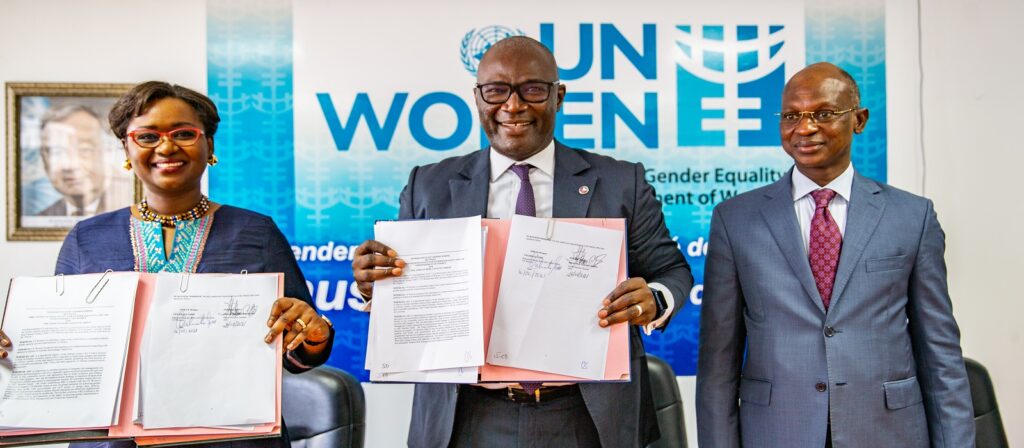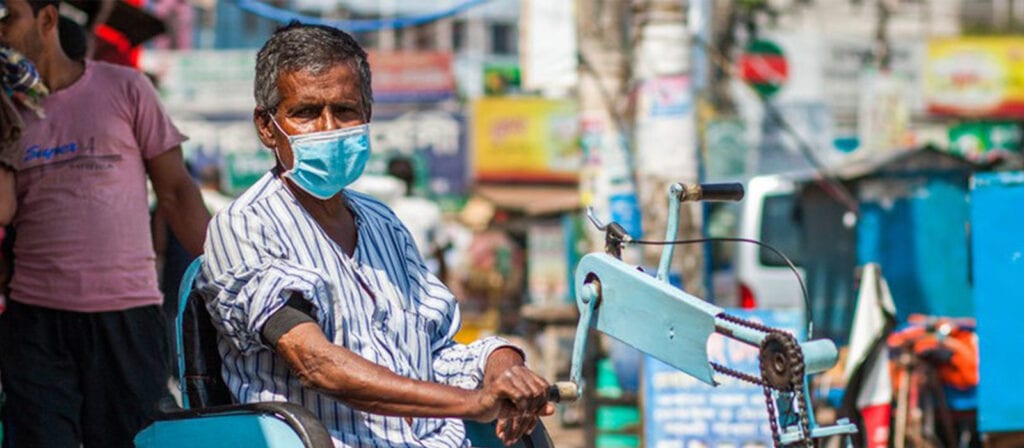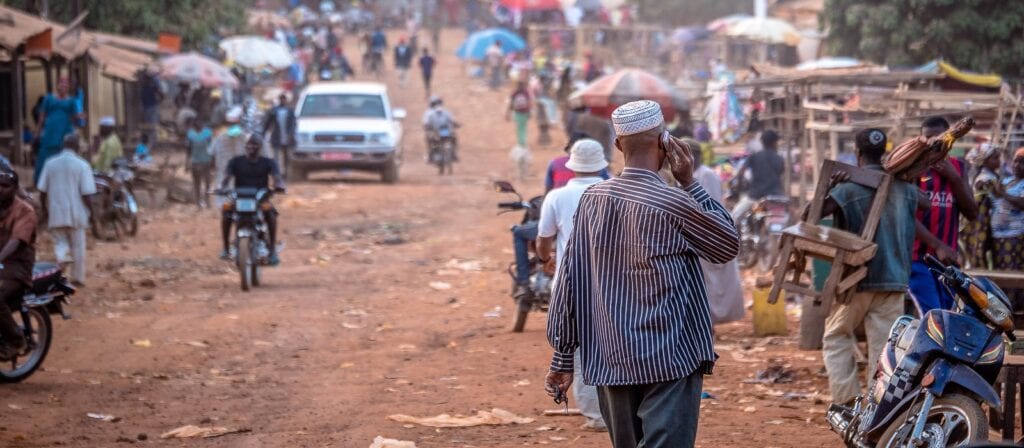Our latest guest blog was written by Ibrahima C. Diong, Director General of ICMIF member African Risk Capacity (ARC), and United Nations Assistant Secretary-General, and Robert K. Agyarko, Lead Advisor, Outbreaks and Epidemics at ARC.
The article was first published on New African on 2 July 2021. The article is shared here with the kind permission of African Risk Capacity.
Unless African countries prepare now for the next natural disaster, whether it is a drought or disease outbreak, progress will be at risk, and health and livelihoods will suffer.
Even as a third wave of Covid-19 hits more than a dozen African countries, economic recovery is a top priority for governments. But recovery may not take hold before the next disaster strikes. Unless African countries prepare now for the next natural disaster, whether it is a drought or disease outbreak, progress will be at risk, and health and livelihoods will suffer, especially for the most vulnerable in society.
National recovery and development plans must include sound disaster risk management; without the latter, the first can be unsustainable.
Unfortunately, African countries already have extensive experience in coping with natural disasters. Fortunately, that experience has yielded deep expertise. It points to key principles for disaster planning. These include:
- apply the best science to profile potential risks and plan for key contingencies;
- protect the most vulnerable;
- pool resources for effective, targeted response.
African governments and people have put those principles to work, with impressive results, in many different contexts.
The Africa CDC has used a pooled resource approach to overcome the continents’ critical shortage of Covid-19 medical supplies. Its Africa Medical Supplies Platform pools certified medical suppliers and aggregates demand to create a larger market. This enables competitive pricing and ensures secure supply. The platform distributes medical supplies proportionately by taking into account the population, disease burden, and vulnerability level of Member States.
Africa can also learn from its hundreds of thousands of women’s savings groups who demonstrate the value of collaboration and pooled resources every day. In Nigeria, for example, households with a savings group member were less likely to experience food insecurity and more likely to have savings to get through COVID-19 lockdowns.
Preparing for climate-related disasters
Similarly, but on a much larger scale, nations have pooled funds to prepare for climate-related disasters. The African Risk Capacity (ARC), a specialised agency of the African Union, has developed a programme for disaster preparedness that includes a pooled insurance fund.
The programme provides participating countries with technical support to model and assess their risks of drought, and produce contingency plans that guide the use of insurance payments. These plans identify climate-related triggers that release insurance pay-outs before crops have failed and livelihoods lost.
Since 2014, ARC has signed 64 insurance policies with member states and paid out USD 64m to seven countries affected by drought to reach almost 3m people. Insurance pay-outs provide much needed respite and support to poor and most vulnerable, including women and children. Holesi Kalonga, 72 years with a household of 10 people, was one of 800,000 people in Malawi who received support from a USD 8.1m ARC insurance pay-out during a prolonged and devastating drought. The ARC programme has also benefitted the economies and people of Mauritania, Senegal, Madagascar, Niger, Côte d’Ivoire and Zimbabwe.
Responding to epidemics
ARC is now preparing to launch a similar programme to respond to diseases of epidemic potential. When widely adopted, the ARC outbreaks and epidemic product will enable countries to prevent outbreaks from turning into epidemics, save lives, and prevent economic devastation.
Applying this approach to disease outbreak response is a radical innovation compared to current response plans. Infectious disease financing has often focused on large outbreaks—after they are already underway. While contingency funding and donor support exist to support smaller outbreaks and epidemics, funding often reaches countries later than needed, rendering current systems more reactionary than proactive.
For example, it is estimated that a more timely response to the Ebola outbreak in 2014-15 in West Africa, which resulted in over 11,000 deaths, could have averted 80% of the fatalities in the three most affected countries Guinea, Sierra Leone and Liberia, and lessened the overall economic impact of USD 2.8bn, if funding for response had been made just two months earlier.
Indeed, the government of Uganda averted disaster when the first cases of Ebola entered the country from the Democratic Republic of Congo in 2018. By coincidence, an ARC team had landed on the ground the day before to pilot the ARC Outbreak and Epidemics programme. Upon the government’s request, the team worked with the Ministry of Health and partners to provide a costed a roadmap within days for response. The outbreak was contained
The ARC Outbreak and Epidemics product has now been piloted in Uganda and Guinea. It targets four diseases: Ebola, meningitis, Lassa fever, and Marburg virus disease and will be formally launched in 2022. The more countries participate, the larger the insurance pool available when signs of disaster emerge. For disaster preparedness, there is strength in numbers.
Countries must be prepared to act
Whereas outbreaks the magnitude of Covid-19 and even of Ebola in 2014 may be uncommon, the changing climate, increased ease and speed of cross-border population movements, emergence of new pathogens and the re-emergence of others, pose a significant risk to the continent’s economy and global health security.
Countries cannot develop economically without addressing the risks that can quickly undermine decades of progress. We know that early anticipation and fully funded response to disease outbreaks limits their impact – and can even stop them.
Learning from Covid-19 and a long history of natural disasters, governments need to put in place comprehensive epidemic response plans. In effect, governing and managing is anticipating, resilience, adaptation and mitigation. Countries need to know what they might face, prepare to act, and have the funding to respond. Without a disaster preparedness plan, no recovery plan is complete.






